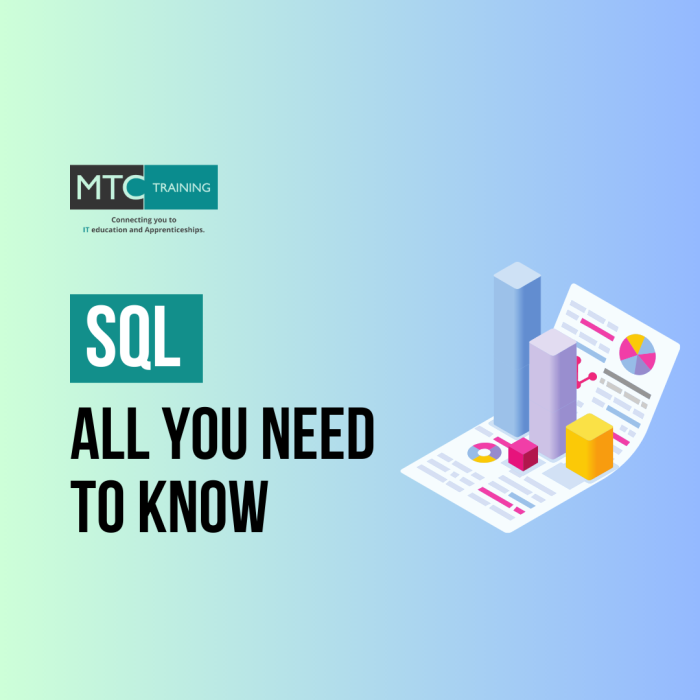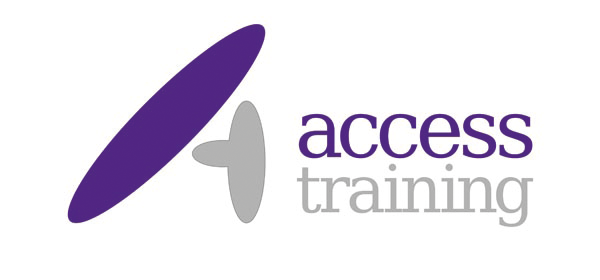With the increased reliance on data and information, SQL has become the most popular language for data work, despite the hype around other technologies.
This article provides necessary information about SQL.
1. What is SQL?
SQL (Structured Query Language) is a programming language for storing and processing information in a relational database.
A relational database is a table that stores information in tabular form, with rows and columns representing different data attributes and the various relationships between the data values.
It is a standard language for storing, updating, removing, searching, manipulating and retrieving data in databases.
It can also be used to maintain and optimise database performance.
2. Why is SQL important?
SQL is a widely used and accepted tool for developers, analysts, software engineers, and digital marketers, thanks to its usefulness and versatility in accessing and managing data.
Especially for data developers, they frequently use SQL thanks to its good integration with different programming languages.
Within a database, SQL can
- Execute queries against a database
- Retrieve data from a database
- Insert records into a database
- Update records in a database
- Delete records from a database
- Create new databases/ new tables in a database
- Create stored procedures and views in a database
- Set permissions on tables, procedures, and views
Furthermore, SQL is fairly easy to learn because it uses common English keywords in its statements/ queries.
3. How does SQL work?
SQL manages a large amount of data, including data that is being written simultaneously and many other data transactions.
MySQL is the most popular open-source relational database management system (RDBMS) with a client-server model.
To break down each term:
- Database: is a collection of structured data
- Open source: This means you are free to use and modify it. Anyone can install the software and customise the source code to better accommodate their needs.
- Client-server model: Any computer that installs and runs RDBMS software is called ”client”. Whenever the ”client” needs to access data, they connect to the RDBMS server. It is called ”client-server”.
MySQL and SQL are not identical. SQL is a programming language, while MySQL is the most popular RDBMS with a client-server model.
SQL tells the server what to do with the data. SQL statements/ queries can instruct the server (in this case, MySQL) to perform certain operations:
- Data query: request specific information from an existing database
- Data manipulation: modify the data, values or visuals by adding, deleting, changing, sorting and other operations
- Data identity: defining data, a schema or the relationship between tables in the database
- Data access control: protect data by providing security techniques.
4. Who should learn SQL?
SQL is now a powerful and valuable tool for both technical and non-technical professionals.
If you are considering a career in web development, learning SQL will help you manage a website’s server-side programs and database.
In data analysis and data science, SQL is efficient in mining data to analyse actionable insights.
For non-technical roles, if you are working with relational databases in your organisation, learning SQL might be easier for you in managing the data.
For example, if you work in finance, you can use SQL to gather the data you need for monthly reporting. Or if you work in Marketing, SQL will be extremely helpful in extracting specific data and analysing it.
We are providing SQL training courses for different levels from beginners to advanced.
View our SQL training courses here.


